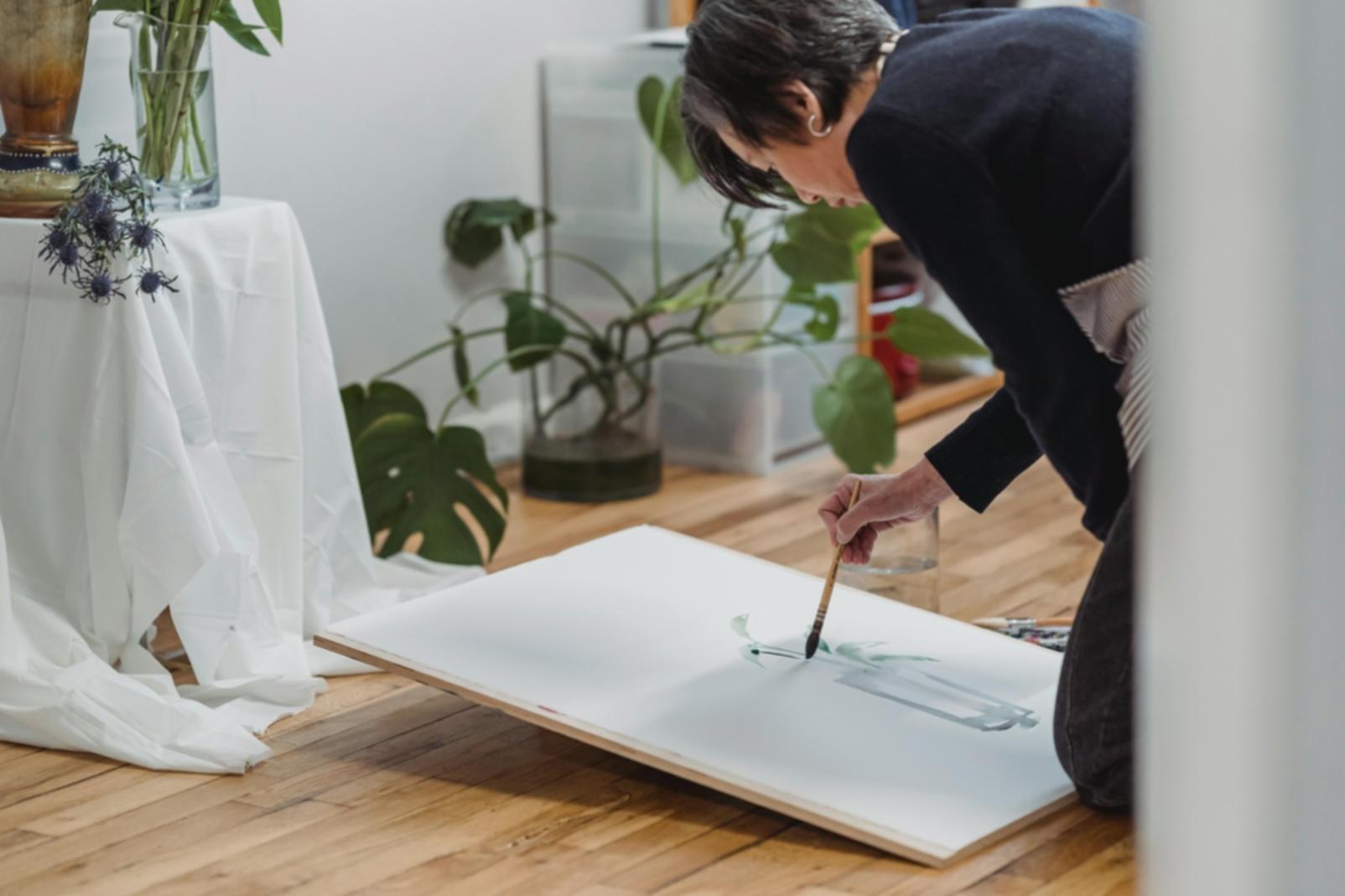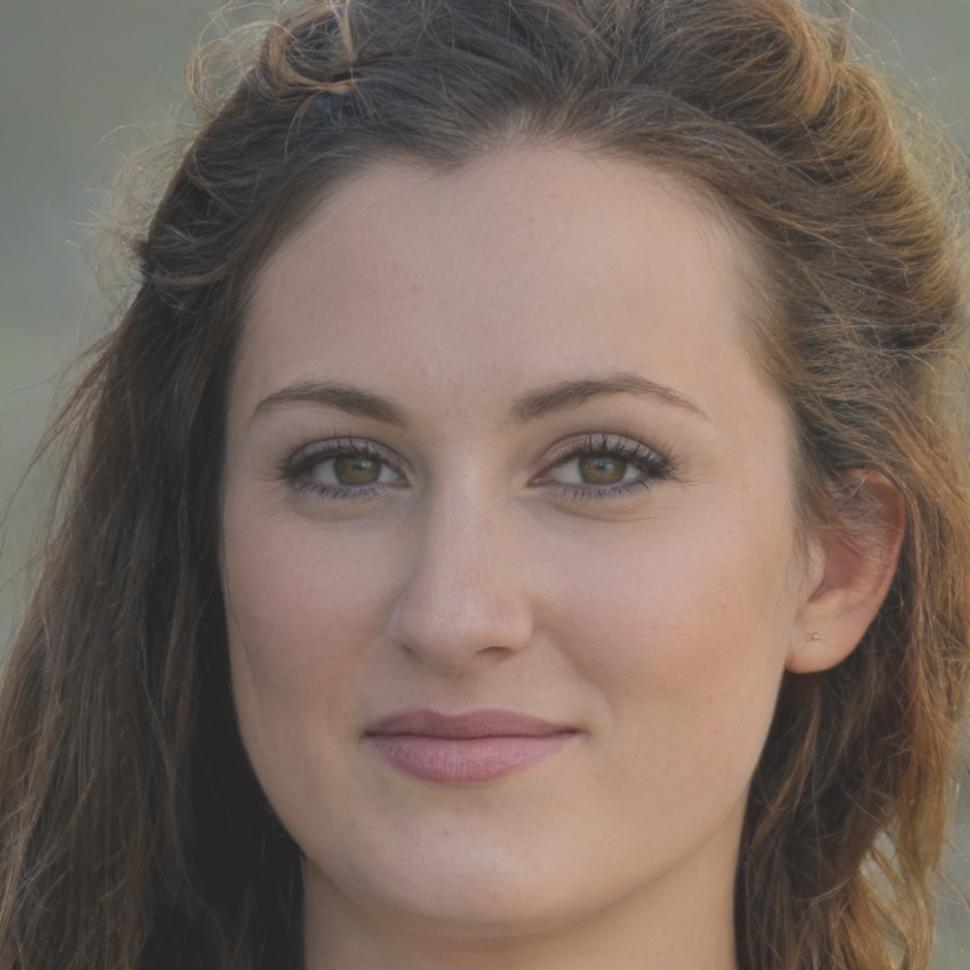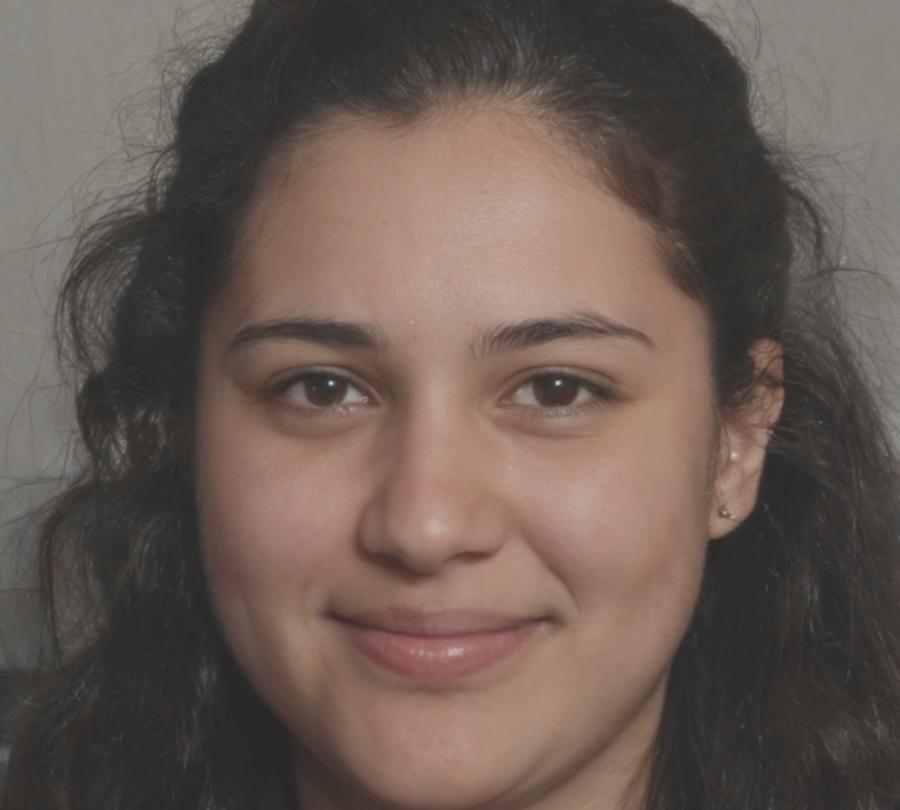Master Color Theory Through Drawing
Discover how colors interact, create emotion, and bring your drawings to life with our comprehensive six-month program starting September 2025
Reserve Your PlaceWhy Color Theory Matters
Most artists struggle with color because they never learned the fundamentals. You might know how to draw well, but when you add color, something feels off. That's because color has its own language.
Our program bridges that gap. We focus specifically on how color theory applies to drawing – not painting, not digital art, but the unique challenges you face when working with colored pencils, pastels, and mixed media on paper.
- Understand warm and cool relationships in realistic drawings
- Create depth using color temperature instead of just value
- Choose harmonious color schemes that enhance your subject
- Fix muddy colors and create vibrant, clean mixtures
- Use color psychology to convey specific moods and emotions

Six Months of Focused Learning
Each month builds on the previous, taking you from color confusion to confident application
Month 1: Color Basics
Start with the fundamentals that many art courses skip over. We'll demystify the color wheel and show you how it actually applies to drawing.
- Primary, secondary, and tertiary relationships
- Saturation vs brightness – why this confusion kills drawings
- Color temperature in graphite and colored pencil work
Month 2: Mixing & Harmony
Learn to create clean color mixtures and understand why some combinations work beautifully while others turn muddy.
- Complementary schemes that actually enhance your subject
- Analogous harmony for subtle, sophisticated drawings
- Split-complementary techniques for dynamic contrast
Month 3: Light & Shadow
Discover how light affects color in ways that most artists never consider. This is where your drawings start looking truly three-dimensional.
- Color temperature shifts in shadows vs highlights
- Reflected light and how it changes local color
- Creating believable cast shadows with color
Month 4: Atmospheric Perspective
Use color to create depth that goes beyond simple foreground and background. Master the subtle shifts that make landscapes breathe.
- How distance affects color saturation and temperature
- Creating convincing aerial perspective in drawings
- Practical techniques for layered compositions
Month 5: Emotional Color
Move beyond pretty pictures to drawings that evoke specific feelings. Learn how master artists use color psychology.
- Warm vs cool palettes for different moods
- Subtle color shifts that create tension or harmony
- Cultural color associations and universal responses
Month 6: Personal Style
Develop your own color voice. We'll help you identify what draws you to certain palettes and how to use that consistently.
- Analyzing color preferences in your favorite artworks
- Creating signature color combinations
- Final portfolio development and critique
Learn From Working Artists
Our instructors aren't just teachers – they're practicing artists who use color theory daily in their professional work

Fenella Brightwater
Lead Instructor, Color Theory
Twenty years of illustration work taught Fenella that color makes or breaks a drawing. She specializes in helping students move past the intimidation factor and start experimenting confidently.

Saskia Thornfield
Drawing Techniques Specialist
Saskia focuses on the practical side – how to actually apply color theory when you're holding colored pencils or pastels. Her background in botanical illustration brings precision to color observation.

Cordelia Ashford
Creative Development Mentor
Cordelia helps students develop their personal color voice. She believes every artist has natural color instincts that just need proper guidance to flourish.
Ready to Transform Your Drawings?
Our next cohort begins September 2025. We limit class sizes to ensure everyone gets personal attention and feedback.
Sessions meet every Tuesday evening from 7-9 PM at our Wolverhampton studio. Can't make it in person? We also offer online participation with the same level of instruction and feedback.